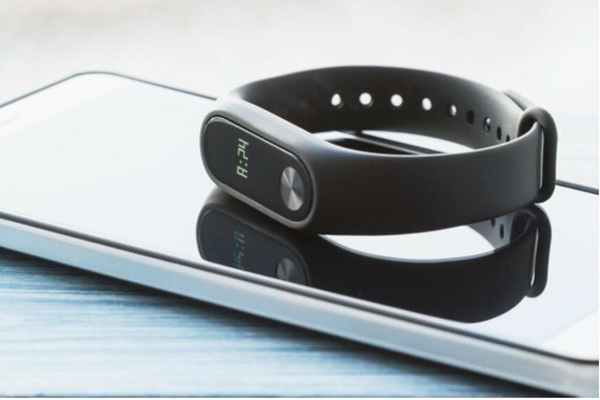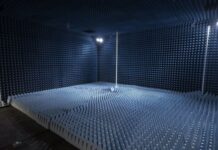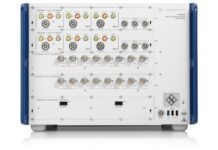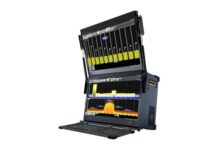Near Field Communication (NFC) and wireless charging are two technologies that have transformed the way we use our devices. NFC enables communication between devices when they are in proximity, while wireless charging eliminates the need for cords and cables by allowing devices to charge through induction. In recent years, there has been increasing interest in combining these technologies to create NFC wireless charging. In this article, we will explore what NFC wireless charging is and its potential applications.
What is NFC Wireless Charging?
NFC wireless charging combines the capabilities of NFC and wireless charging to create a seamless user experience. With NFC wireless charging, a device can be charged simply by placing it on a charging pad or dock that has an NFC tag embedded in it. The NFC tag communicates with the device, providing the necessary power to charge the battery. One of the key advantages of NFC wireless charging is convenience. With traditional wireless charging, the user must ensure that their device is aligned correctly with the charging pad or dock. NFC wireless charging eliminates this requirement, making it easier and faster to charge devices.
There are several potential applications for NFC wireless charging in various industries.
Retail: In retail environments, NFC wireless charging could be used to power digital displays or interactive kiosks. By placing a device on a charging pad, customers could interact with the display or kiosk without worrying about their device running out of battery.
Hospitality: In the hospitality industry, NFC wireless charging could be used to provide guests with a convenient way to charge their devices. For example, hotel rooms could be equipped with charging pads that have NFC tags, allowing guests to charge their devices simply by placing them on the pad.
Automotive: In the automotive industry, NFC wireless charging could be used to power in-car entertainment systems or navigation devices. By embedding NFC tags in the vehicle, passengers could charge their devices without needing to bring charging cords with them.
Healthcare: In the healthcare industry, NFC wireless charging could be used to power medical devices or patient monitoring systems. By using NFC wireless charging, medical professionals could ensure that devices are always powered and ready to use.
NFC wireless charging has the potential to transform the way we charge our devices and interact with technology. By combining the capabilities of NFC and wireless charging, we can create a seamless user experience that is both convenient and efficient. While the technology is still in its early stages, there are several potential applications in various industries, including retail, hospitality, automotive, and healthcare. As the technology continues to evolve, we can expect to see even more innovative uses for NFC wireless charging in the future.
ST25R NFC readers and ST25DV Dynamic NFC tags from STMicroelectronics are compliant with the latest NFC forum specifications that enable the design of the NFC wireless charging system.
















